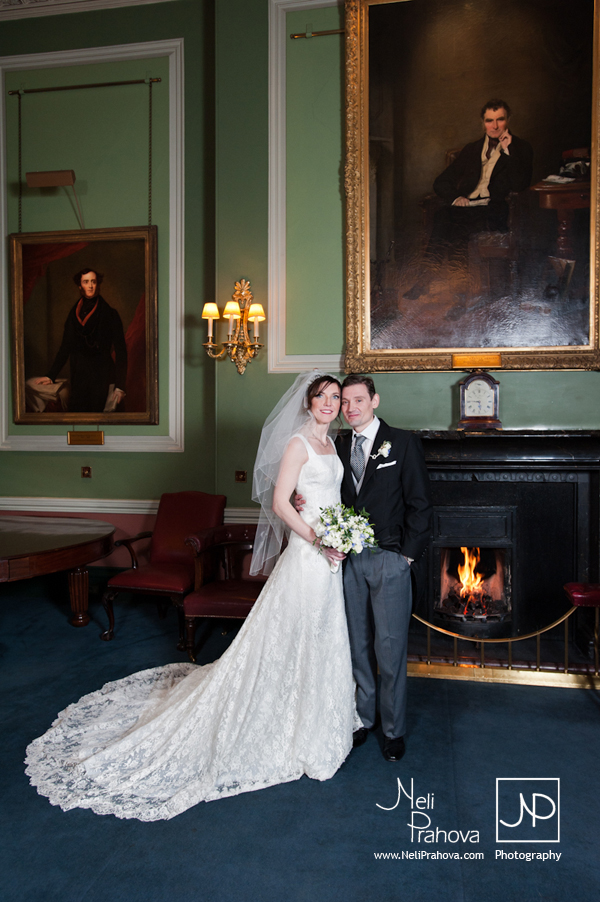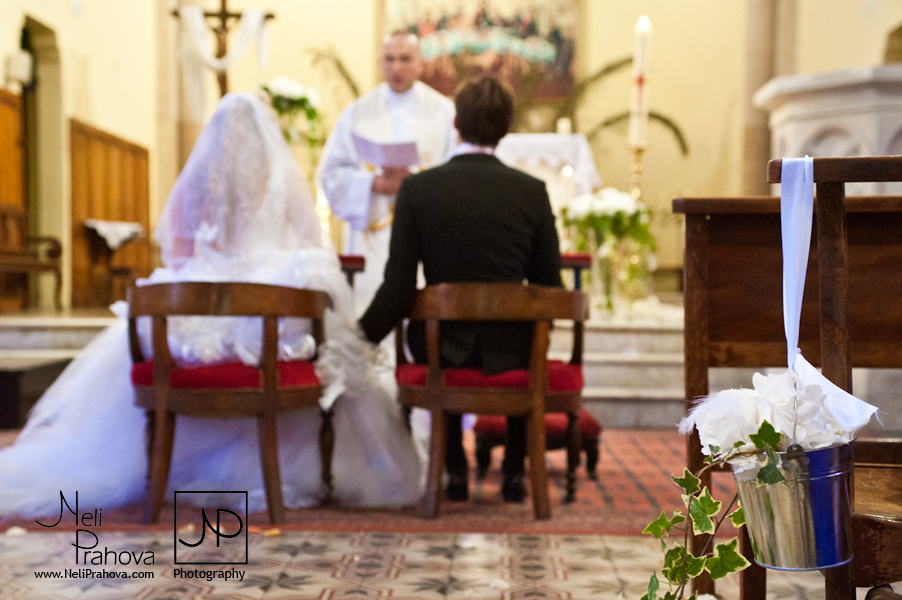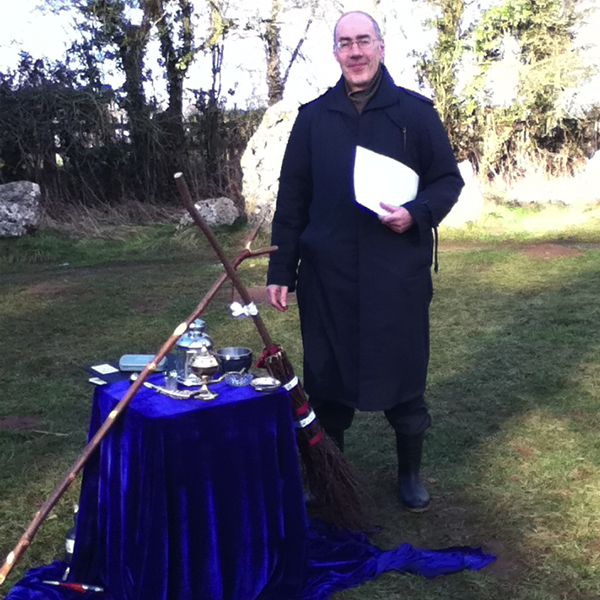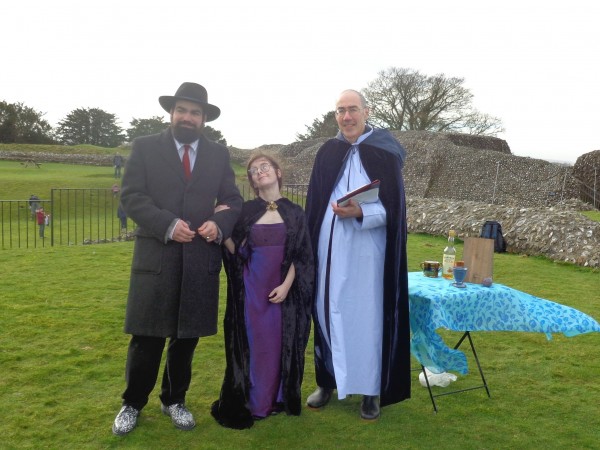
Personalised Weddings
Most of the ceremonies I conduct are reasonably conventional (although all are personalised weddings, tailored to the couples or individuals concerned). Every so often I get asked for something a bit more way out.
Of course, “way out” means one thing to some people and something quite different to others. So perhaps it would be easier if I defined what I had in mind by the term “conventional”.
Conventional
A “conventional” wedding will contain most, if not all, of the following:
- an introduction or welcome;
- readings, sometimes delivered by friends or family – these can be prose or poetry, and can be chosen specially by the couple or suggested by the celebrant;
- music – this is unlikely to be “traditional” – although there’s nothing to stop people throwing in a hymn or the like. It may well reflect the couple’s personal preferences or a significant moment in their relationship;
- the vows – these may be written by the couple (with or without celebrant input) or simply suggested by the celebrant. They may be memorised or (more advisable!) read from a card or repeated after the celebrant;
- a ring blessing;
- a celebrant address – this may be something on the importance of marriage combined with the couple’s ‘story’ ;
- maybe, a ritual or two – for example, lighting a unity candle.
Such weddings may feature the bride in white; several, many or no religious elements; and a variety of choices of music and texts.
Venues can be just as varied, of course. Provided the legal part of the wedding has taken place (ie is registered), imagination or budget would seem to be the main limitations as to where you hold the ceremony.
More ‘way out’
However, I am occasionally asked to do a couple of less middle-of-the-road ceremonies. One was a naturist wedding (I’m afraid, I have no photographs!) and, almost a year ago, a pagan wedding with a difference.
This wasn’t an ‘ordinary’ pagan wedding – if any can be thus termed – as the pagan was marrying a (half!) Jew, so elements from both cultures had to be combined (and explained to guests).
It was a handfasting ceremony, so that also set this apart.
The venue was certainly striking, as we were on top of Old Sarum, near Salisbury. This was of particular significance, as this iron age fort is very exposed, as the photo above shows – and we were holding the ceremony in January. January 2014 was a time of serious floods, as you may recall, and the chances of a dry wedding were very poor. However, whether it was due to the combination of cultures, or mere coincidence, the sun actually shone (briefly) on the ceremony, and all went – forgive the pun! – swimmingly.
So you have choices. Weigh them up and decide wisely. Bear in mind that a personalised wedding can be so special. Do give it consideration!



